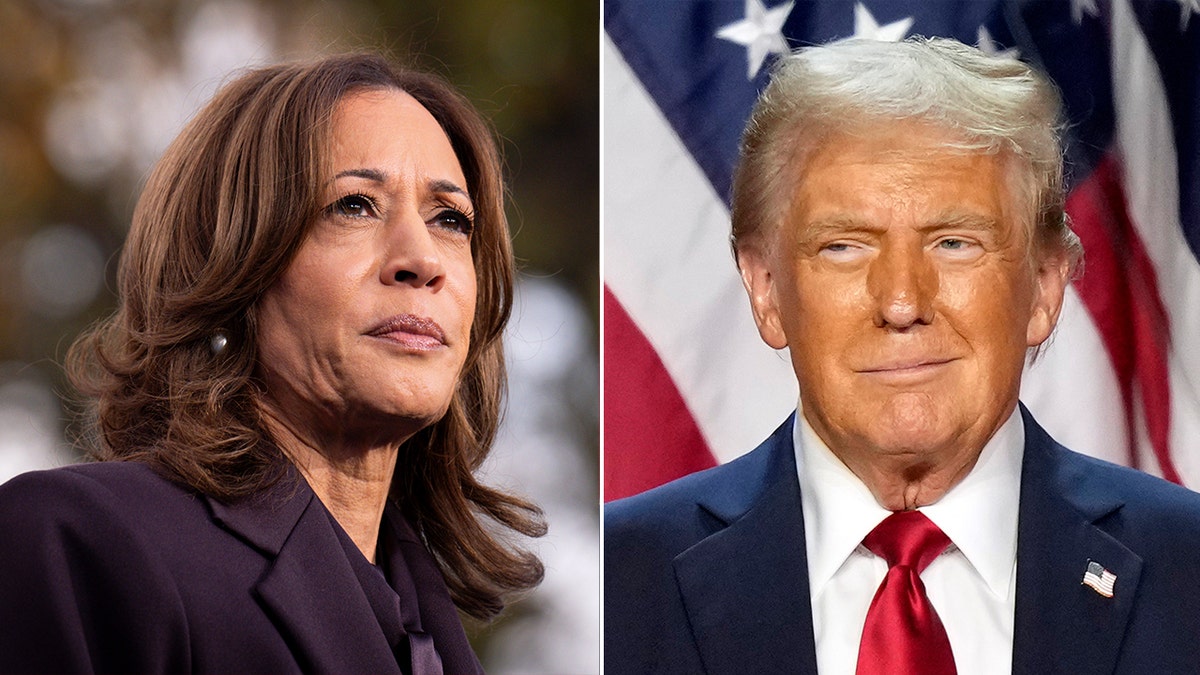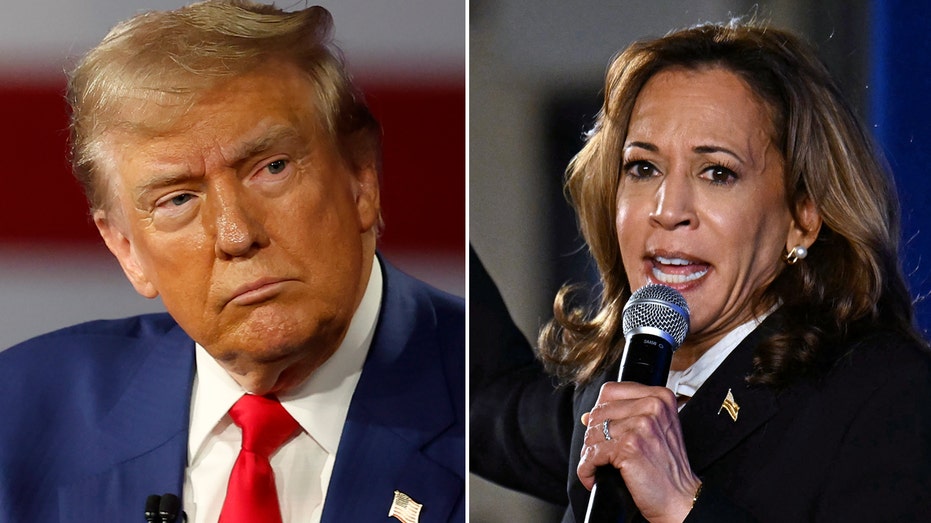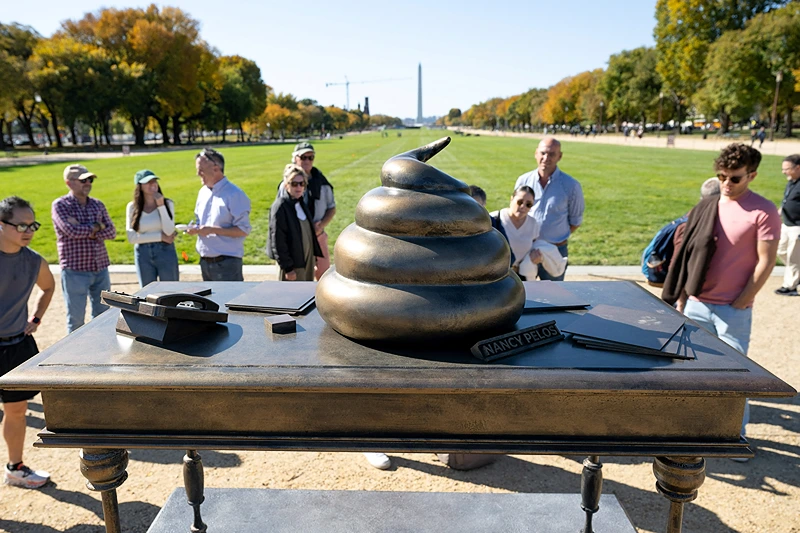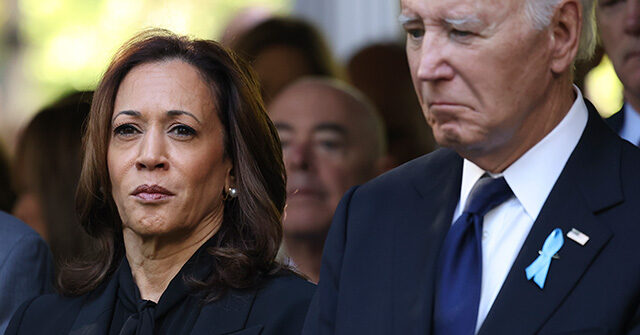Bannon’s Grand Return
Trump’s former chief strategist was cut loose from prison just as the nation mulls a fresh MAGA mandate. The post Bannon’s Grand Return appeared first on The American Conservative.

Bannon’s Grand Return
Trump’s former chief strategist was cut loose from prison just as the nation mulls a fresh MAGA mandate.

One week before Election Day and hours before Vice President Kamala Harris was set to give a speech warning that a Republican administration would persecute its domestic political opponents, Steve Bannon was released from prison.
Whatever your views on the legal merits of his stint in Danbury, Connecticut, it steps a bit on Harris’s message.
“The four months in federal prison not only didn’t break me, it empowered me,” Bannon declared. “I am more energized and more focused than I’ve ever been in my entire life.”
Frequently vilified across the political spectrum, Bannon is nonetheless an important figure in what might happen over the next four years, much less the next six days. Two questions that stand before us are how much different a second Donald Trump term would be from the first if he wins and whether the nationalist-populist movement can survive if he loses.
As significant as Breitbart was heading into the 2016 presidential election, Bannon was much closer to a populist lone wolf in the broader conservative media ecosystem than he is today. Neither Bannon nor Attorney General Jeff Sessions, also a more thoroughgoing Trumpist than Trump himself, lasted the duration of that tumultuous first term in the White House.
Much as the Reaganites and movement conservatives were often outhustled by Bushies and pre-Reagan Republicans with more government experience during Ronald Reagan’s administration, too many Trump-era turf wars were won by people who would have been more comfortable in a third George W. Bush term. Trump undervalued the importance of policy alignment in personnel and many parts of his agenda couldn’t be well served by simply bumping every previous Republican administration official up a rung or two.
Trump was also forced into an uneasy alliance with a congressional Republican leadership team headed by Mitch McConnell and Paul Rayn, both of whom were very different flavors of conservative. His relationship with both men was suboptimal and neither had supported him in the primaries. They and his vice president, Mike Pence, served as a bridge to the Republican past.
Finally, Trump turned to his family to find loyalists in the White House. Jared Kushner and Ivanka Trump had their moments—the Abraham Accords and work on paid family leave, especially—but they shared neither Trump’s instincts nor his emerging ideology. They were basically centrists trying to smooth over Trump’s rougher edges, in Ivanka’s case often with an eye toward the family brand.
Little of this would apply to a second Trump term. Bannon is joined by other media figures in a growing MAGA infrastructure. Trump has a better understanding of what to look for in appointees, though he still may value perceived personal loyalty over ideology and policy. There are more people qualified to serve who are not recycled Bushies.
J.D. Vance would be Trump’s vice president, not Mike Pence. Just purely in ideological terms, this is more like Reagan having Jack Kemp or Phil Crane as his vice president rather than the elder Bush. It could also be more promising for Trumpism’s future.
Ryan is gone from Congress and McConnell is stepping back into a Mitt Romney-like role, the elder statesman who irritates Trump and positions himself as the conscience of the party. House Speaker Mike Johnson is not necessarily aligned with the GOP’s populist makeover, but Ukraine aid aside, he is cognizant of it. He also has a good relationship with Trump. The likelihood is that McConnell’s replacement as Senate Republican leader will be someone similar.
Congressional Republicans are counting on Trump to win them their majorities. If Trump loses, the GOP will be lucky to have 51 or 52 senators and the House becomes shakier. If he wins, several more Senate pickups are suddenly possible.
Javanka appears to be less important to the family-White House dynamic this time around than Donald Trump Jr., who is a true believer. Barron is also said to have been a key validator of some of the podcasts that were essential to Trump’s 2024 media tour.
Rank-and-file Trump supporters attending the rally at Madison Square Garden booed the Cheneys and many Bush-era policies, even if it was overshadowed in the headlines by an insult comic. The parties appear to have traded the Cheneys for Tulsi Gabbard and Robert F. Kennedy Jr.
All of this could look rather different if Trump loses, however. Republicans will wonder if trading big business dollars for low-propensity voters and small donors was a worthwhile bet, having lost not just the second straight presidential race but the second consecutive winnable national election dating back to the midterms.
Could Bannon become under Harris what Rush Limbaugh was under Bill Clinton, a voice railing against both the new Democratic administration and Republican backsliding? Bannon is more ideological crusader than entertainer, but stranger things have happened.
The post Bannon’s Grand Return appeared first on The American Conservative.
What's Your Reaction?















